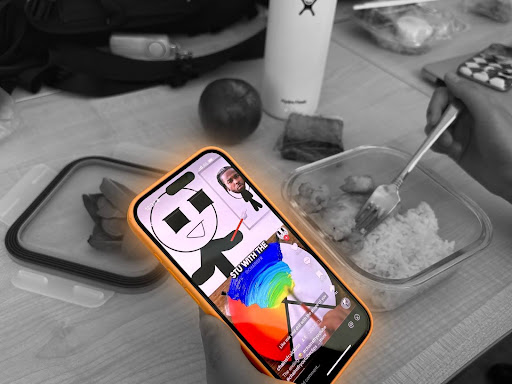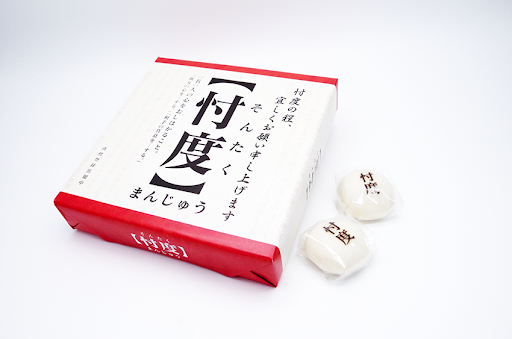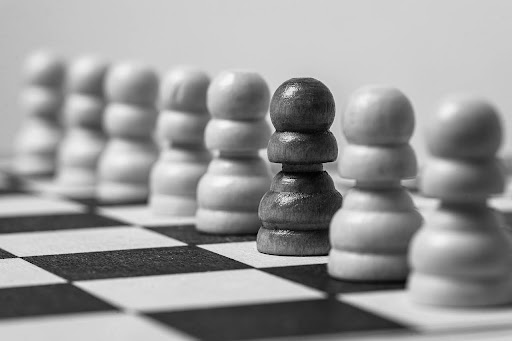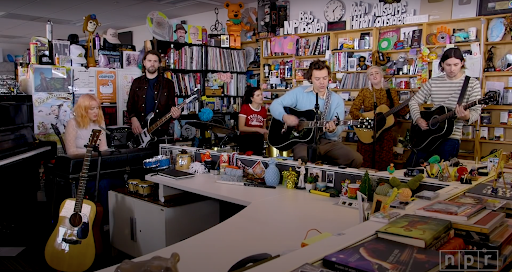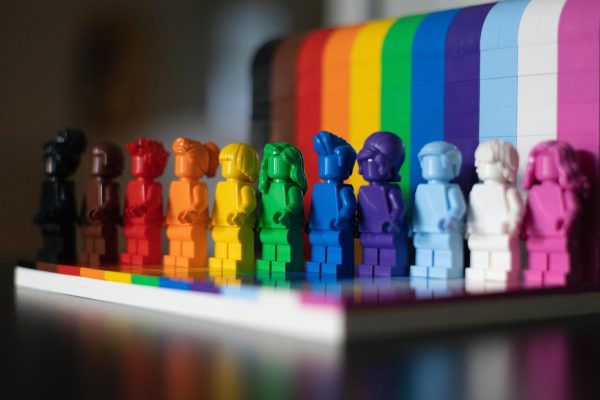Our biggest thief of time: social media

Photo Credit: Solen Feyissa
Imagine a world where social media didn’t exist. Where we fill our precious free time with hobbies, developing new skills, and discovering who we are and who we can become, rather than staring blankly into a screen. A world where we, teenagers, are confident and self-loving. Today, social media is something that we live by, something that may give us temporary happiness but ultimately results in sadness and self-doubt. This has been proven through experiments showing that users of social media are 2.7 times more likely to develop depression than those who are not users. It has also been shown by Caroline Miller from the Child Mind institute that during the rise of iPhones, the suicide rate also increased by 65%.
What many of us don’t realize, however, is that social media eats away at our precious time, and has strategic ways of doing so. These calculated ploys used to keep users on social media platforms for prolonged periods are genius from a business standpoint. Once we identify these tricks, and make an effort to end our social media captivity, we can weaken the detrimental impact social media has on our lives.
Social media algorithms are something that many of us are unaware of, but are important to recognize. Social media platforms use a strategic way of processing our every move, our every scroll, and our every like in order to calculate our interests. This data is then analyzed to put together something we know as the “for you page”. The intentions of this page are in its name: a collection of posts cohesively put together just for you. Convenient right? Wrong. This carefully compiled data incorporating all of our interests is more of an inconvenience than a convenience. This is what stops us from accomplishing things during our day. It traps us on apps, enticing us by having everything we view be something we are interested in. If we allow this to take control, our lives will solely be spent on our screens.
Social media schemes don’t stop there. The very layout of social media platforms includes subtle, nearly invisible details designed to distract and trap us on the app. For example, Mansoor Iqbal from the Business of Apps found that TikTok’s 800 million users each spend an average of 52 minutes on the application per day.
How does TikTok entertain so many users and for so long? Tiktok is one of few applications that hides the top toolbar of our iPhones, including things such as our wifi connection, our battery level, and more specifically our clock. By simply, yet ingeniously, tucking away the clock, TikTok is successful in completely erasing it from our minds, making the app our only focus. Without having the clock just a glance away, we lose track of time, lose track of our day, leading us to lose track of our lives. This social media platform is also conveniently named “TikTok”, you know, the sound the clock makes for every moment that passes by?
Now that it is clear that social media platforms are designed to consume our time, let’s look at another example. TikTok user @lukeeee_lukeeee discovered a phenomenon revealing the colossal amount of time that society as a whole dedicates to social media. He discovered that if we look at one popular video, for example, an 18-second video posted by magician Zach King containing 2.1 billion views, we can calculate the number of days, and amount of years the world has spent viewing this individual video. This total comes out to roughly 1,198 years. This illustrates the amount of time that we, social media users, dedicate to these platforms.
On a more positive note, Apple has worked to undo this by creating software called Screen Time. This software is made available on all iPhones and is easily accessible. Located in the settings app, Screen Time tracks all use of apps showing daily and weekly activity reports. Stuart Miles, Founder and CEO of Pocket-lint, writes that Apple’s Screen Time was made to specifically “address growing concerns around increasing device usage, smartphone addiction, and social media impacting mental health. The idea is to help you regain control, or at least make you aware of the amount of time you are spending on your devices and what you are doing on them.”
As a way to address society’s addiction to social media, Screen Time’s most effective feature is one that enables you to limit the time you spend on chosen applications. For example, Screen Time allows you to select an app and set a daily time limit for yourself. Once you have reached this time limit, an alarm will sound and a notification will appear on the screen. This notification will inform you that you have reached your time limit. It will give you the choice to continue using the app or to follow through and lock the app for the remainder of the day.
The masterminds behind the social media time-squandering trickeries are not going to stop. As technology continues to advance, more and more distractions will be thrown at us. If we want to take control of our lives, we need to practice doing it now and utilize the tools we have to reduce our screen time. We must begin by being aware of the time we are dedicating to social media, and asking ourselves: is it worth it? We don’t need to end all use of social media, but simply be aware of how much time we put into it. Our time is in our own hands, it is our choice on how we spend it, so let’s spend it wisely.



